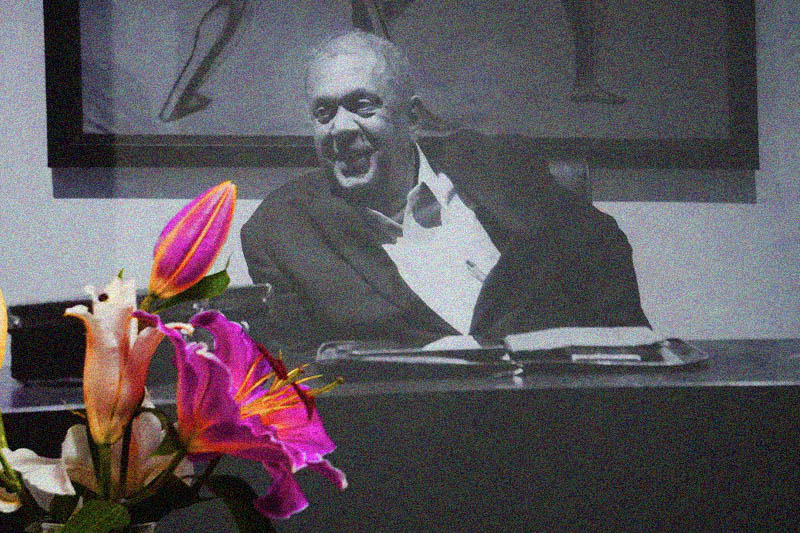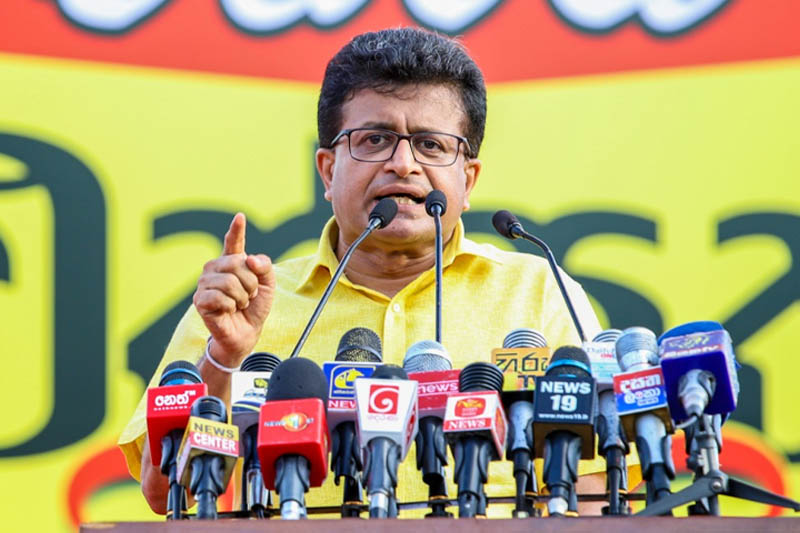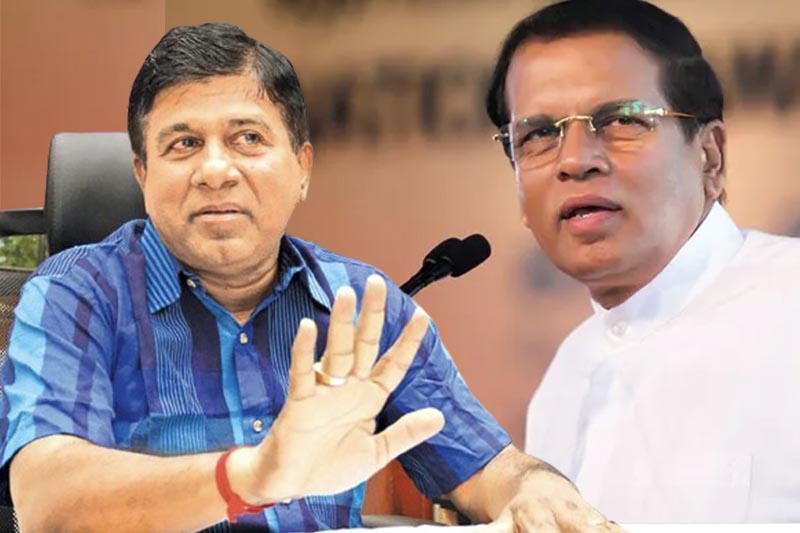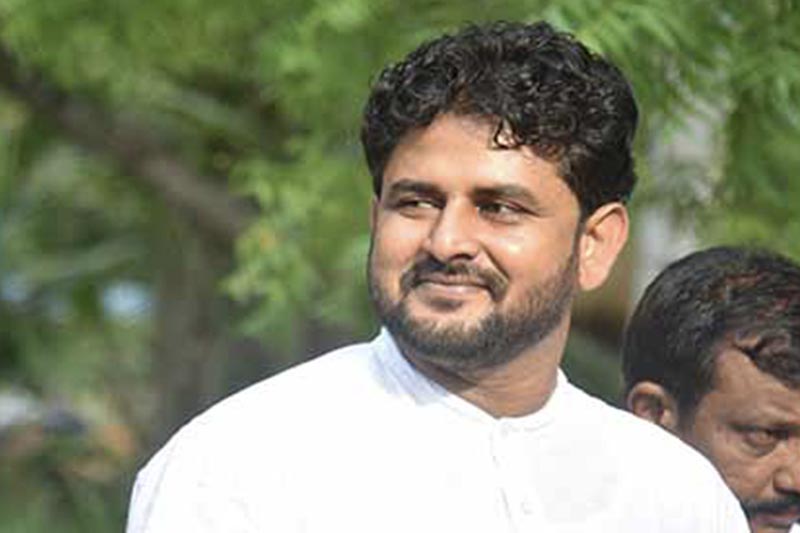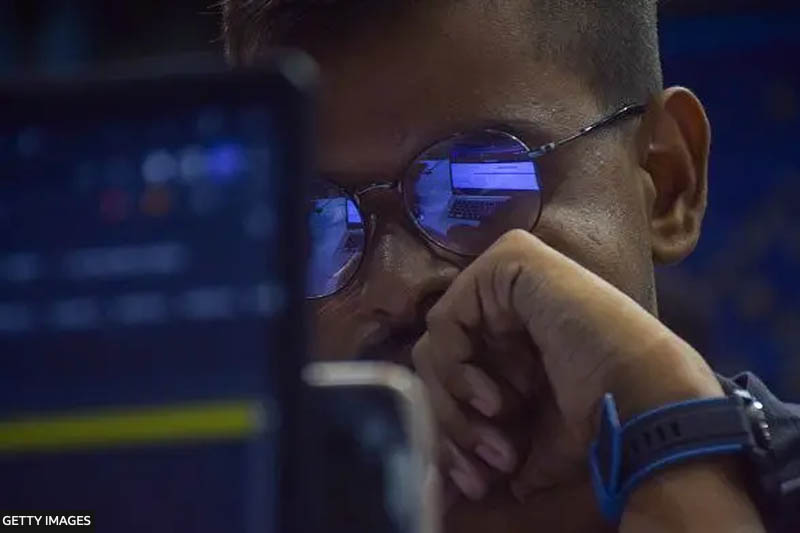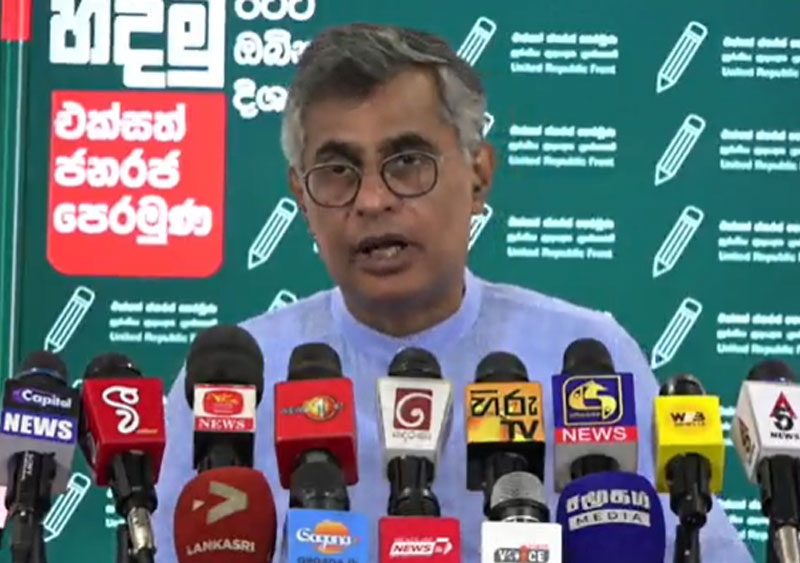(The 68th birth anniversary of the late Mr. Mangala Samaraweera falls on April 21st.)
"What we are talking about is how one should live". (Socrates in Plato’s Republic).
This is one of the main questions attributed to Socrates by Plato. Plato in fact writes the Republic to respond to this question. Plato’s conception of the ‘Repulic’ subsequently became the form of the Modern Western State.
As a British colony, this state form was adopted for Sri Lanka too. One could say that, from 1815, when the country became a full British colony, until independence in 1948, the changes in the English Common Law and legislation brought forward by the British Parliament pertaining to social welfare, gradually humanised British colonialism in Sri Lanka.
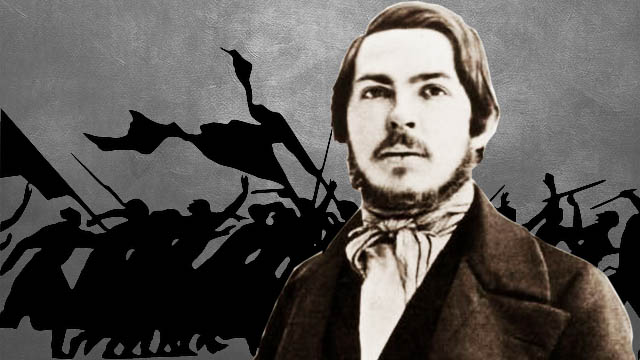
Friedrich Engels
It is pertinent that Fredrich Engles’ analysis of the conditions of the English working class in mid nineteenth century England resonates strongly with the conditions that existed for the poor during this time in Sri Lanka.
Conceptions of humanism came to be advanced at the beginning of the 20th century. This had an impact on colonialism, resulting in colonial powers having to consider the welfare of the colonised.

This discourse on humanism also resulted in many countries working towards decolonisation. Sri Lanka too gained independence from Britain within this context. Although Sri Lanka gained independence from England in 1948, a Sri Lankan civic identity was not established at the time. Instead, what came into being was a nationalism based on language rights, religion and ethnicity.
To date, one of the greatest challenges for Sri Lanka is how to construct a civic nationalism to replace that which is based on language, religion, or ethnicity. Secondly, how do we modernise the nation state that we have inherited from the colonisers?
In responding to the above, a consideration of Mangala as a political figure presents us with a number of pertinent features: 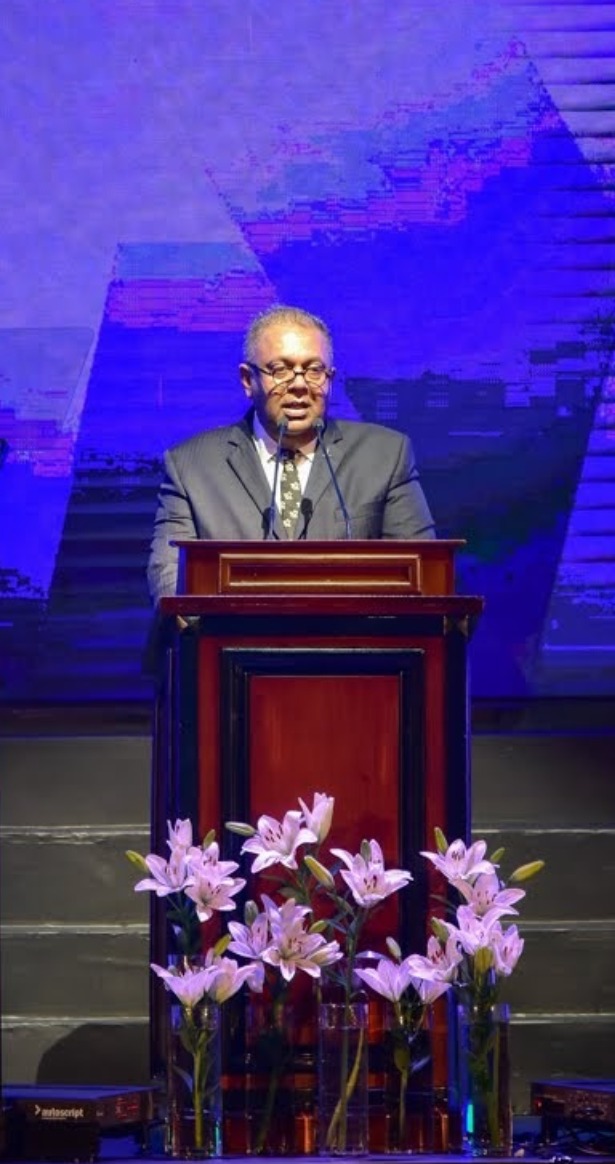
- Acceptance of modernity
- Recognition of multiculturalism
- Rejection of nationalist politics
- Refusal to lead a double life
- Disavowal of religious chauvinism
- Recognition of the rights of marginalised communities
The main weakness in the public service in Sri Lanka is its fear of change. Our bureaucracy has not adapted to address current human needs and technological advances. Although there have been attempts to remedy this malaise in the state bureaucratic system during the last three decades, these have been largely unsuccessful. Despite these issues, Mangala Samaraweera worked hard to modernise each of the ministries he was assigned.
During his time at the Urban Development Ministry, he modernised and updated the office management system in that ministry. Further, there were instances when he personally intervened to remove unauthorised constructions in his capacity as the Minister. Few other contemporary politicians have been known to make unpopular decisions of this nature.
Another successful venture Mangala initiated as the Minister of Telecommunication is to provide all Sri Lankan citizens with mobile phone connections without a charge. This is a facility that we all now enjoy but few of us remember that it was initiated by Mangala.
As Minister of Media and Mass-communication and as Minister of Finance, Mangala replaced outdated systems and practices and introduced more efficient organisational systems that included digitalisation among other things.
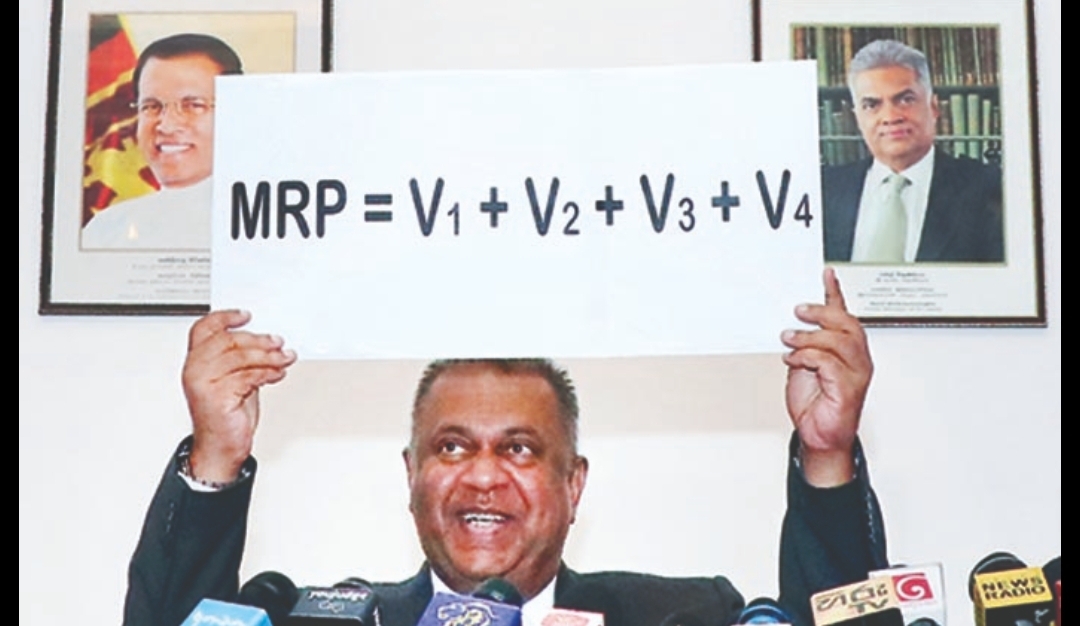
In his time as the Minister of Finance, he introduced a new tax administration act, making a number of necessary but unpopular decisions. Mangala was among a small minority of politicians to publicly critique the tax amendments brought into effect by the Gotabaya Rajapaksa regime (reducing the VAT and Payee Tax).
Another noteworthy aspect of Mangala’s personality was his acceptance of cultural diversity. A characteristic we note in most developed countries in the world is an acceptance of cultural diversity (the ability British Muslims have to adopt Sharia Law is one such example). Modern democracies are characterised by an acceptance of diversity where the rights and the will of the majority are not privileged. Mangala’s personal practice stands as an example of a recognition of cultural diversity that even the Sri Lankan school system has failed to inculcate in any sophisticated or convincing manner.
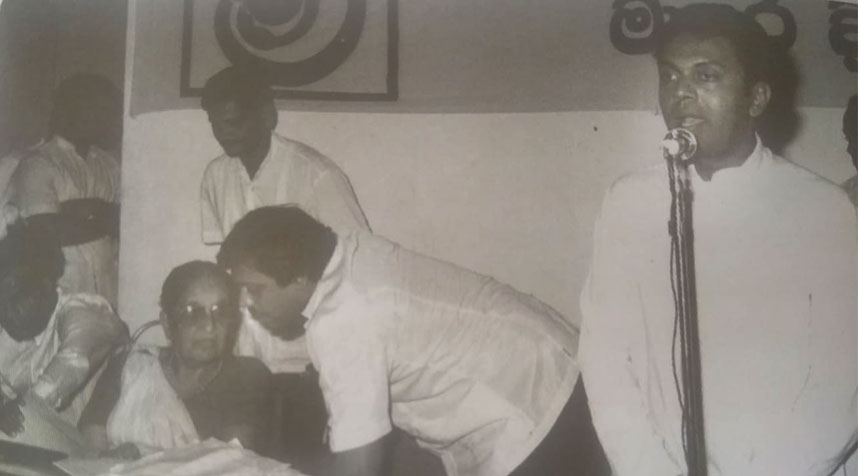
Mangala was also a politician who rejected nationalism in politics. From the time Sri Lanka gained universal franchise up to the last parliamentary elections in 2020, nationalism has been used as a slogan to various degrees. For instance, the Gotabaya Rajapaksa campaign of 2019 capitalised on an ideology created through a combined Sinhala-Buddhist identity.
Although the vote base of the SLFP, the political party that Mangala emerged from, subscribed to a Sinhala-Buddhist identity based politics, Mangala never promoted nationalist politics of this nature. He was instrumental in the creation of the Mothers’ Front in the south of the country but he also believed in achieving justice for the children of mothers in the North. This resulted in Mangala becoming an enemy of Sinhala chauvinists in the South.
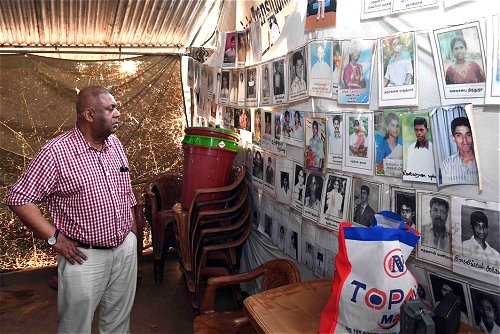
Mangala also refused to lead a double life, making no distinction between what he represented and the life he lived. It was a well-known fact that he wore and was in fact a connoisseur of designer wear. He however never hid this from the public. He was open about his sexuality, even when it was publicly derided at times.
In a political climate in which the majority of politicians lead fictitious lives, Mangala was never accused of deceiving the public regarding his personal life. Mangala desisted from seeking political milage by falsely cultivating the Maha Sangha. He also avoided promoting popular but backward views.
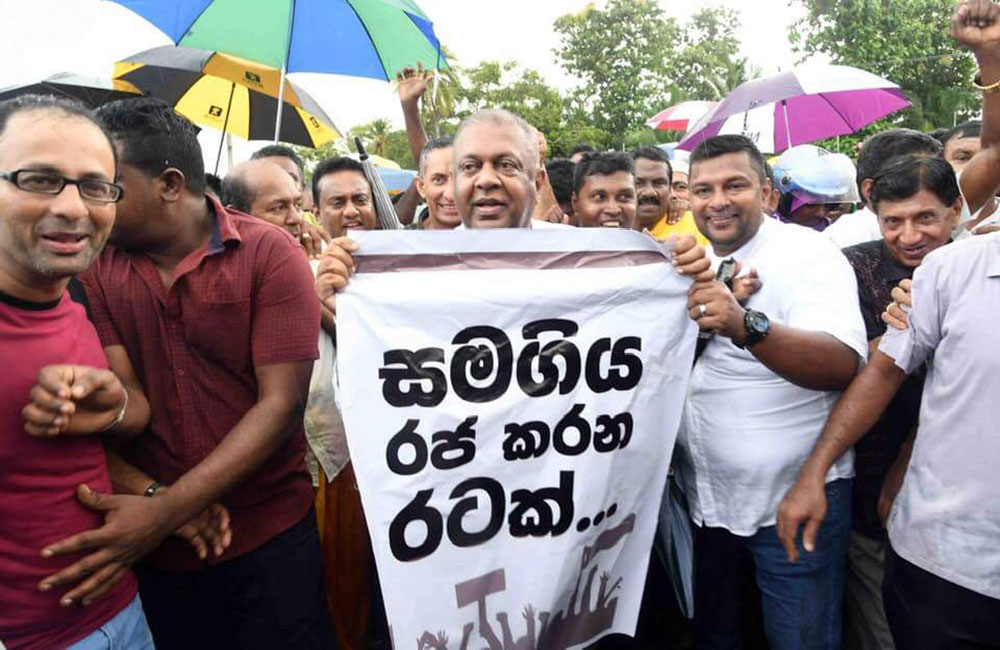
Religious chauvinism was noticeably absent from Mangala’s politics. From the time of independence in 1948, religion had become a deciding factor in political campaigns. Mangala however did not encourage the participation of the clergy in active politics, and it was due to this that, at times, he was treated as a traitor to his own religion.
Ideally, religion should be a matter of personal choice and should therefore not be used for political advantage. It could be argued that Mangala, in his political practice, neared this particular ideal.
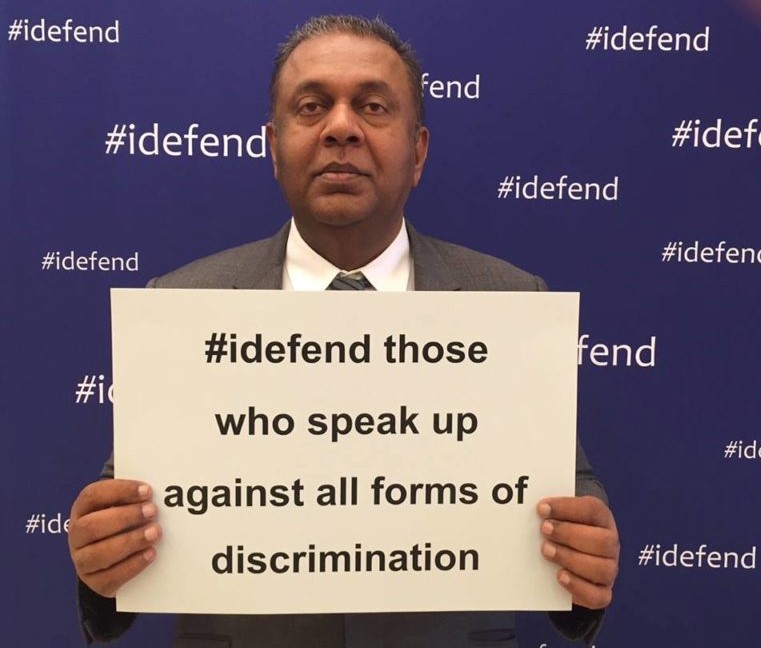
At times, Mangala became a voice for those marginalised by society, speaking up for them and representing their needs and aspirations. One such notable example is the way in which he took on the cause of women involved in micro finance in the North. He also actively supported LGBTQIA+ rights, which are recognised as characteristic of a civilised society, abiding by principles of humanism. Mangala was steadfast in his espousal of the causes he believed in and stood for, even in the face of populist discourses that besmirched his views.
In the context of a 21st Century Sri Lanka, we need to reconsider the politics of Mangala Samaraweera. In place of the language, religion and ethnicity based populism that is even now a prominent feature of our political landscape, the time has come to move towards a civic, humanist politics.
Remembering Mangala at a time like this is to further the cause of this new kind of politics.
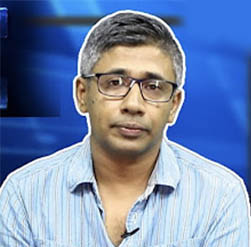
Vipula Karunathilake
Political analyst and social critic

